Slavery Time
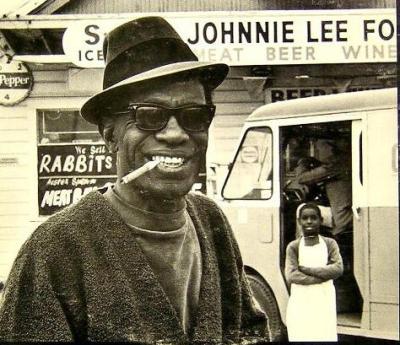
Sad when you′re sick at home alone
(Continues)
(Continues)
Contributed by Marcello Tagliabue 2025/11/3 - 21:10
Song Itineraries:
Racism and Slavery in the USA
It's a Sin to Be Rich, It's a Low-Down Shame to Be Poor
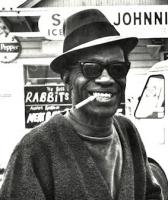
Non è una canzone contro la violenza materiale e morale della guerra ma un anelito ad una possibile eguaglianza economica con un esplicito riferimento Evangelico alla difficolta' che avranno i ricchi ad entrare nel Regno dei Cieli. ( ndr )
Lightnin’ Hopkins – ( 1912 – 1982 )
(Continues)
(Continues)
Contributed by Pluck 2022/9/29 - 19:39
It’s a Sin to Be Rich, It’s a Low-Down Shame to Be Poor
Lightnin’ Hopkins
It’s a Sin to Be Rich, It’s a Low-Down Shame to Be Poor - 1972
It’s a Sin to Be Rich, It’s a Low-Down Shame to Be Poor - 1972
You know that it's a sin to be rich but it's a low-down shame to be poor
(Continues)
(Continues)
Contributed by Pluck 2022/8/31 - 16:40
Penitentiary Blues
- 'Penitentiary Blues' [1959] by Lightnin' Hopkins. This is his adaptation of the work song 'No More Cane on the Brazos' and predates Dylan, The Band and all the rest of them.
The Brazos River was originally named "Brazos de Dios" meaning "Arms of God."
The Texas Almanac link below has more info on it including various explanations for how that name came to be.
In the book (and film) titled Racehoss, a former convict who served time in a penitentiary on the Brazos writes that the place was referred to by the convicts as "the burnin' hell."
So you might say that the men who tried to escape from the prison by running to the river were running from hell to the arms of God.
Nota da :
Lightnin' Hopkins Lyrics - Weenie Campbell
The Texas Almanac link below has more info on it including various explanations for how that name came to be.
In the book (and film) titled Racehoss, a former convict who served time in a penitentiary on the Brazos writes that the place was referred to by the convicts as "the burnin' hell."
So you might say that the men who tried to escape from the prison by running to the river were running from hell to the arms of God.
Nota da :
Lightnin' Hopkins Lyrics - Weenie Campbell
INTRO (Spoken: Penitentiary Blues)
(Continues)
(Continues)
Contributed by Pluck 2022/8/31 - 11:58
Song Itineraries:
From World Jails
I Asked the Bossman
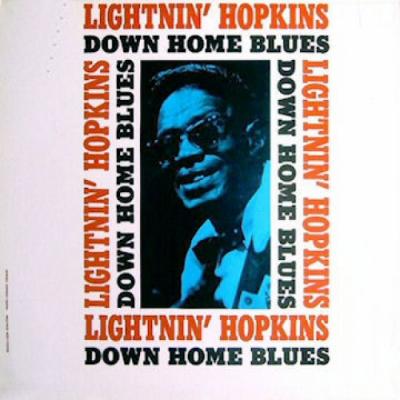
[1965]
Nell'album "Down Home Blues" e poi in diverse raccolte successive.
Nell'album "Down Home Blues" e poi in diverse raccolte successive.
We were down in Louisiana
(Continues)
(Continues)
Contributed by Bernart Bartleby 2019/4/4 - 17:02
Song Itineraries:
Anti War Love Songs, Racism and Slavery in the USA
Please Settle in Viet Nam
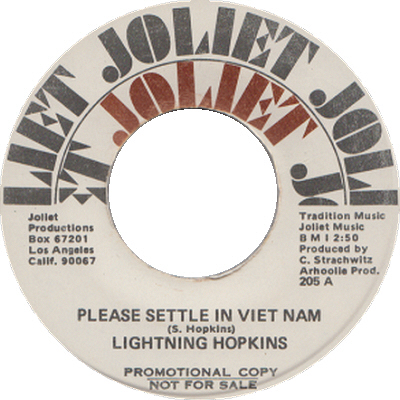
Hopkins recorded the song "Please Settle in Viet Nam" in Berkeley, California, under the direction of Chris Strachwitz (the founder of the Californian label Arhoolie Records), on 20 May 1969, for the session which produced the album Lightnin' (Poppy Records # PYS-60,002). But the song did not appear on the album. Strachwitz released "Please Settle in Viet Nam" on this single (Joliet # 205) and then later on the album Lightning Hopkins in Berkeley (Arhoolie # 1063). (1) Hopkins wanted to see "an ending to the war" and called on the government to settle the Vietnam issue. It also included a little twist. Hopkins said that his girlfriend actually had a man fighting in the war, and that he hoped "he'll stay forever" in the army, because he did not "want to leave that girl". This idea is similar to the "jody" theme - a mythical man in blues and jazz tunes who seduced the wives and girlfriends... (Continues)
My mama prayed, she said please let that kingdom come
(Continues)
(Continues)
Contributed by dq82 2016/11/4 - 10:57
Song Itineraries:
War in Viet Nam as seen from the U.S.
War Is Starting Again

Lightnin’ Hopkins was a Texas country bluesman of the highest order. Stylistically, he often sang in a talking blues style, but that is in spite of the fact that he had a tremendous, powerful singing voice. Lyrically, he would tackle themes that included black life in the segregated south as well as less political topics including having bad luck in love. His approach to the blues lent him a considerable palette with which to paint a picture of the personal effects of war on a human being. At the start of the song, the singer’s reaction to the beginning of a new war seems to be essentially negative. He considers the panic that mothers will feel and the losses that many wives will sustain as a cost. In addition, he claims he’s been to war before and opines that he definitely doesn’t want to go back. But by the end of the tune, he changes his basic attitude because his lover’s boyfriend is going off to war, leaving her available to the singer. This, he admits, “is a better break for me”.
Greatest Blues Songs About War
Greatest Blues Songs About War
Woe, you know this world done get tangled now, baby
(Continues)
(Continues)
2015/1/17 - 05:18
×
![]()

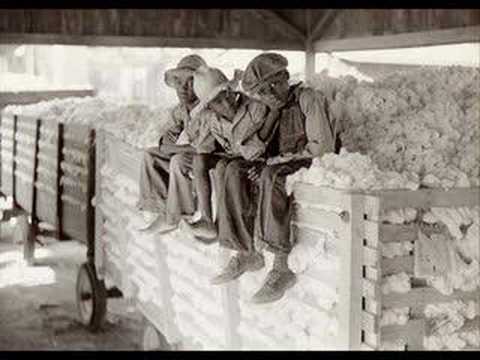
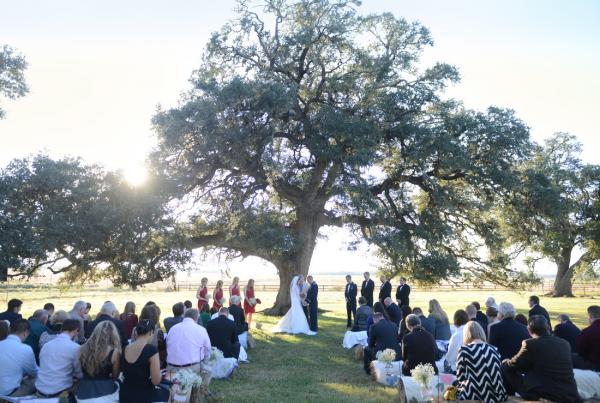
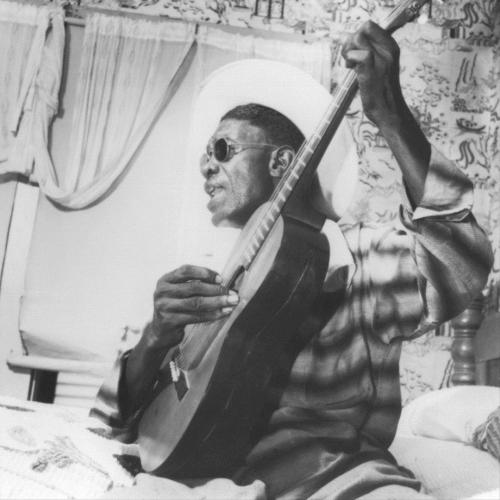
Questa registrazione è presente nel grande album "Texas Blues" di Hopkins. Robert Santelli, nel suo libro The Best of the Blues: The 101 Essential Albums, descrive la canzone come "una rappresentazione toccante scritta sull'epoca dell'oppressione e sulla ricerca della libertà dei neri".
Hopkins registrò "Slavery Time" il 18 dicembre 1967 insieme ad altre due canzoni di protesta: "Tom Moore Blues" e "Bud Russell Blues". Hopkins era uno dei più grandi improvvisatori del blues e, secondo le note di copertina dell'album "Texas Blues", compose "Slavery Time" subito dopo aver cantato di Tom Moore e Bud Russell.
A un certo punto, Hopkins canta "Sono così contento che non sia più tempo di schiavitù". Ma quel verso era quasi certamente pronunciato con sarcasmo, poiché il verso precedente fa riferimento alla semi-schiavitù della... (Continues)